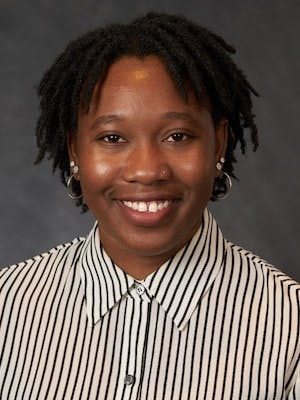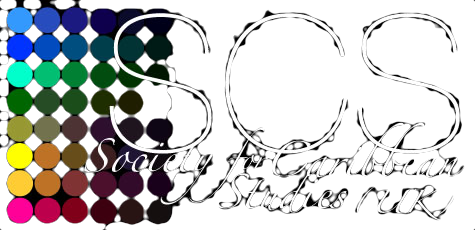
Lipman, Nardia
PhD Student of English at The University of Miami @ University of Miami
Bio
Ms. Nardia Lipman was born and raised in Kingston, Jamaica. She received her Bachelor of Arts degree in Literatures in English at the University of the West Indies, Mona, after which she worked as an Assistant English teacher in Colombia, South America and teacher of language and literature in a prominent Jamaican high school. Thereafter, she pursued her Master of Arts in Pan African Studies at Syracuse University where she successfully defended her thesis titled: “The Black Lives Matter Movement & the Literary Imagination: Contesting Anti-Blackness with/(in) African American Fiction” (2022). Some of Ms. Lipman’s research interests include: activism in contemporary Black Literatures, feminist theory and praxis, Pan- Africanism, and critical pedagogy. Presently, she is a first year PhD student of English at The University of Miami, poised to pursue a concentration in Caribbean Studies and a certificate in Digital Humanities.
Geographical location : Miami, USA
Research Area and Interest : activism in contemporary Black Literatures, feminist theory and praxis, Pan- Africanism, and critical pedagogy
Social Media
Past Conference(s)
Past Panel(s)
Past presentation(s)
- Summary: This paper examines Rebel Women Lit (RWL), a Jamaican-born online book club/bibliotherapy community, as a case study of a Caribbean Heterotopia space occupying the digital. Undergirded by the theorizations of Carole Boyce Davies’ ‘Caribbean Spaces’, Schuyler Esprit’s ‘Heterotopia of Resistance’, and Tonya Haynes’ ‘Caribbean (cyber)feminisms’, this paper employs a mixed-methods approach – offering a ‘close reading’ of RWL website and a few recent Instagram posts – to elucidate representations of Caribbean queerness, bibliotherapy, and Pan-Africanism. Specifically, the paper makes an attempt to engage some these concerns: How is diversity pursued by RWL? How does RWL foster conversations around anxieties, traumas, and violation? How does RWL embody the act of taking up space, as theorized by Esprit and Davies? And how can RWL and the spaces it occupies be read as rich archives for the study of Caribbean feminism? This paper notes its relevance to the field of Caribbean Studies in its effort of putting Caribbean and feminist thought in conversation with the field of digital humanities. By considering the ways in which engagements with the literary in the 21st century have moved beyond physical texts and locations, the field of Caribbean literary study is subsequently rendered more expansive, inclusive, and complex.
- Event:
